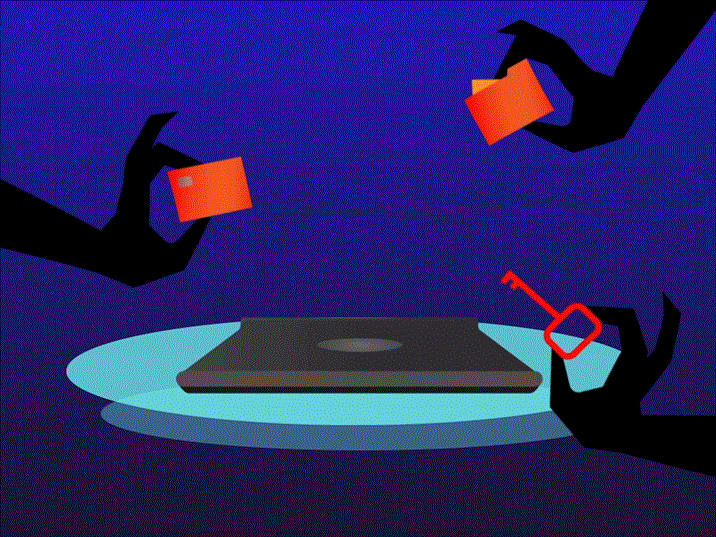In 1949, George Orwell published a dystopian novel titled “1984,” which illustrated the horrors of surveillance and censorship. Constant surveillance is not so far-fetched, it is actually something we have gotten used to.
We are so used to it that we do not realize that our computers and cellular devices are constantly taking our personal data and redistributing it. The surveillance of ordinary people has gone much too far.
It is common to receive a social media advertisement for the very product you were just looking at on a web browser. Some even receive personal emails addressed to them, or receive advertisements for a product they spoke about.
The latter happened to me when I was speaking to my mother about buying a dress from Macy’s. Shortly after the conversation, I saw an ad for Macy’s dresses on Instagram. Immediately, I felt violated.
Was my private conversation being listened to? It is likely that it was. Devices like Amazon’s “Alexa” and Apple’s “Siri” listen to conversations through passive hearing, which is why Siri will sometimes activate at random, thinking that you spoke to it.
I often brush this off as the device malfunctioning, but maybe we should pay more attention to instances like this. According to an article from The Washington Post, the data collected from our phones is sent out to third parties, particularly when we are sleeping.
Many companies and apps use data trackers to collect the data. Your phone could be feeding hundreds of trackers. I have to wonder why this is even allowed. Do we not have a right to our own privacy?
According to HG Legal Resources, “The United States does not have any centralized, formal legislation at the federal level regarding this issue, but does insure the privacy and protection of data through the United States Privacy Act, the Safe Harbor Act, and the Health Insurance Portability and Accountability Act.”
This is not good enough. I do believe the United States should make a motion to create a data protection law at the federal level.
It is unrealistic to expect people to throw out their phones and laptops for the sake of their privacy. These are the tools we use in everyday life as college students to complete assignments and socialize. These tools that we rely so heavily on should not be used against us to farm our data.
At the same time, there are some benefits to social media sites knowing exactly what sort of person you are. I am a writer and by no coincidence, I see advertisements for writing contests, publishing houses and even jobs that I may be interested in.
These discoveries are helpful to me and I am thankful to come across them, but these resources are not worth the value of my privacy.



